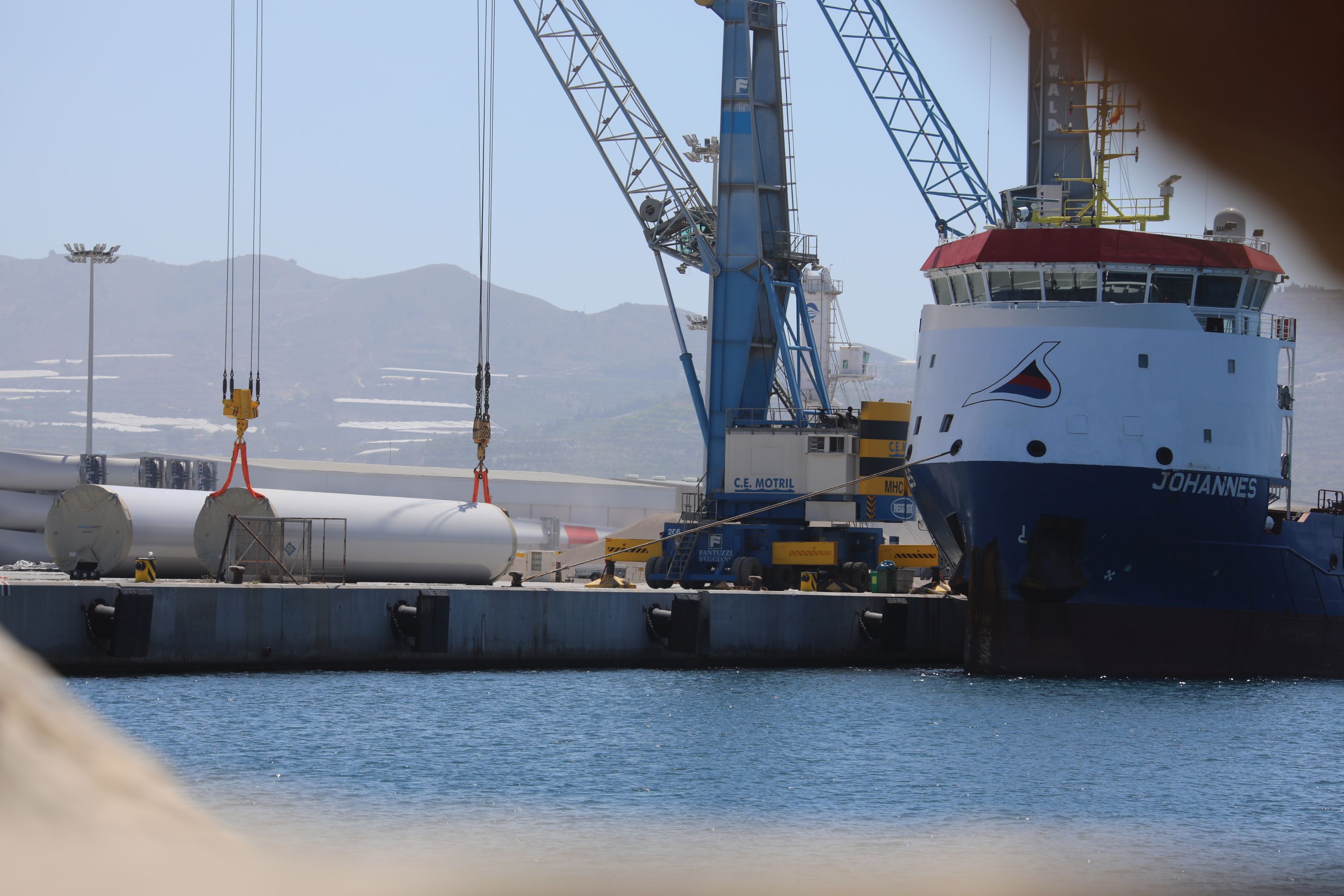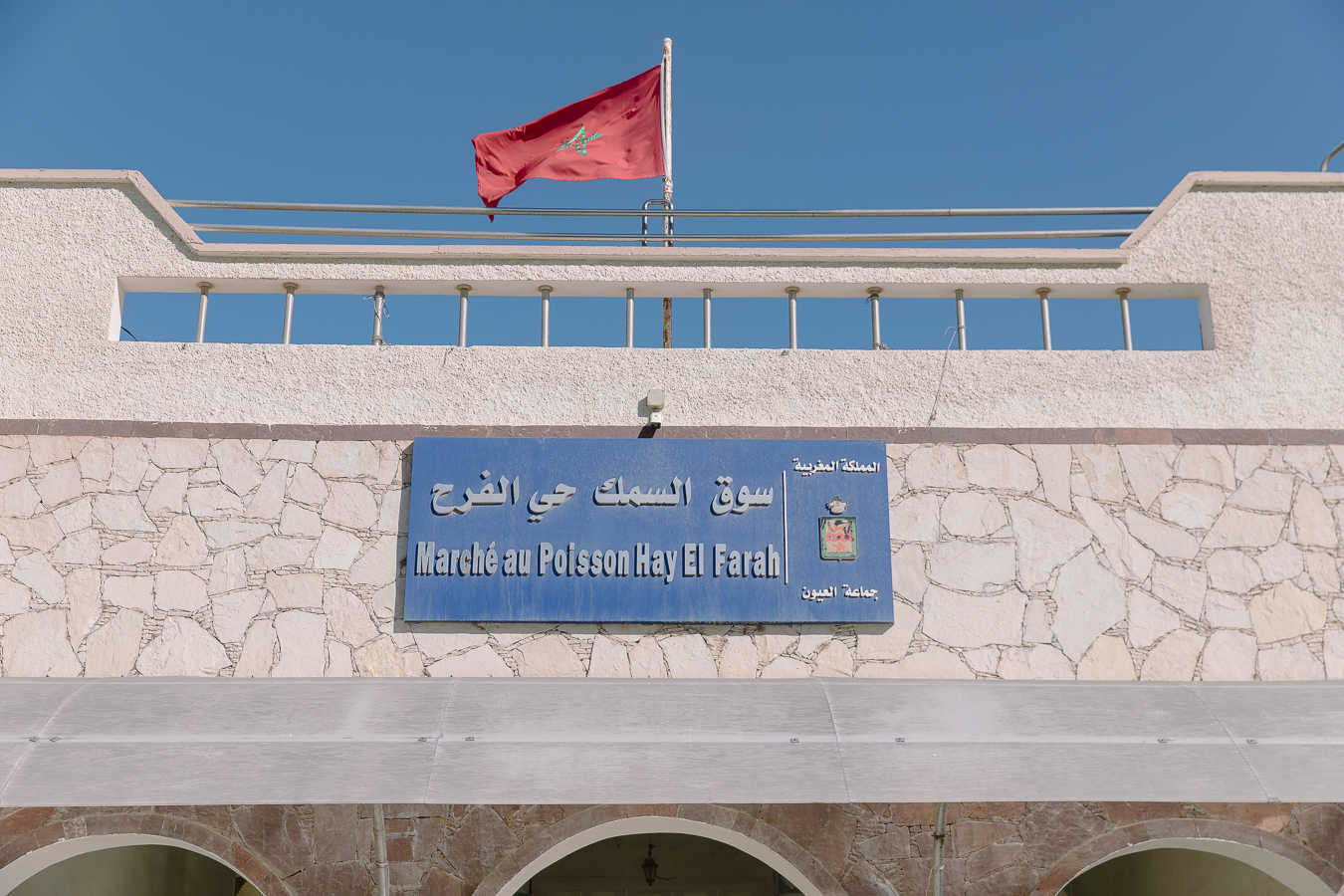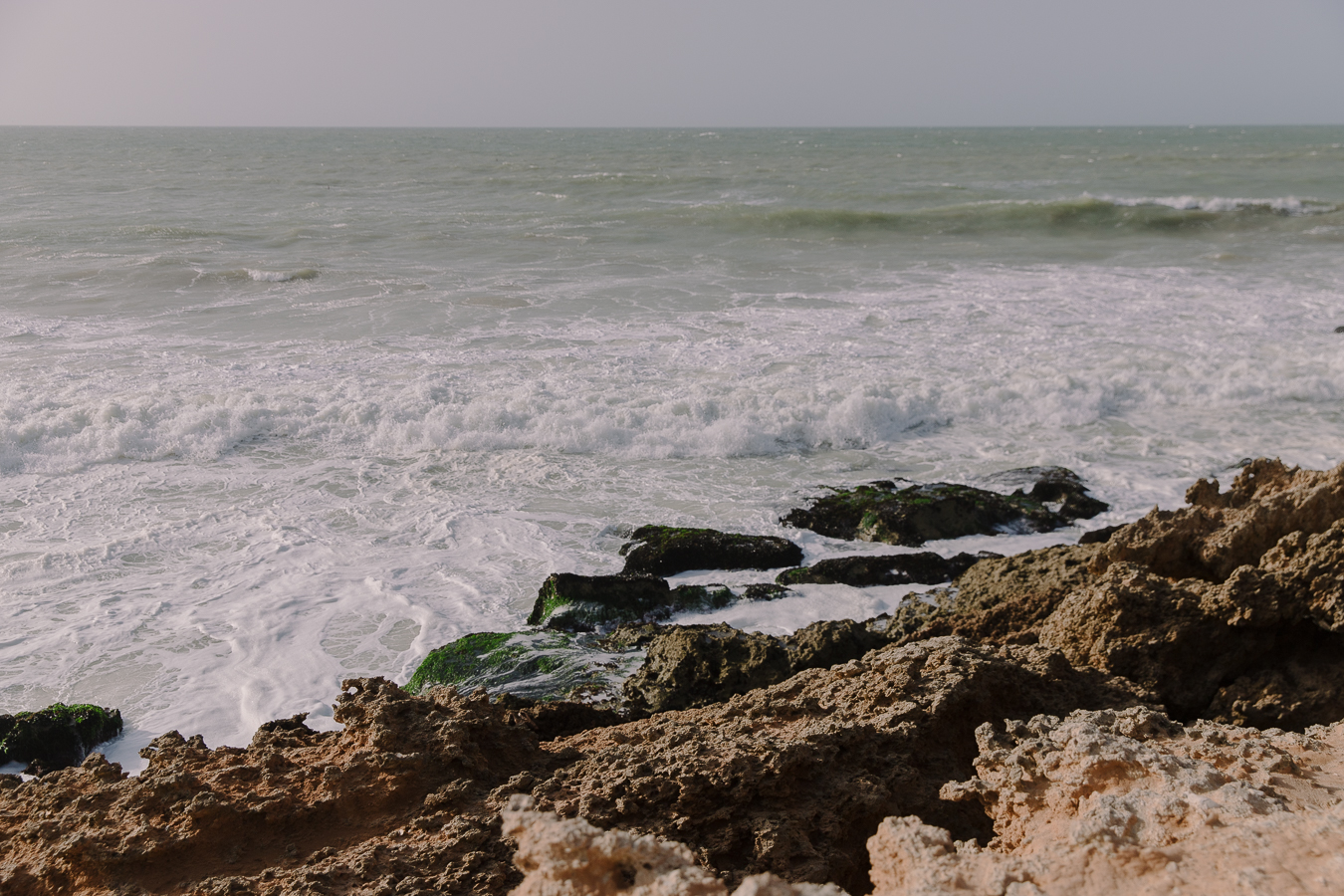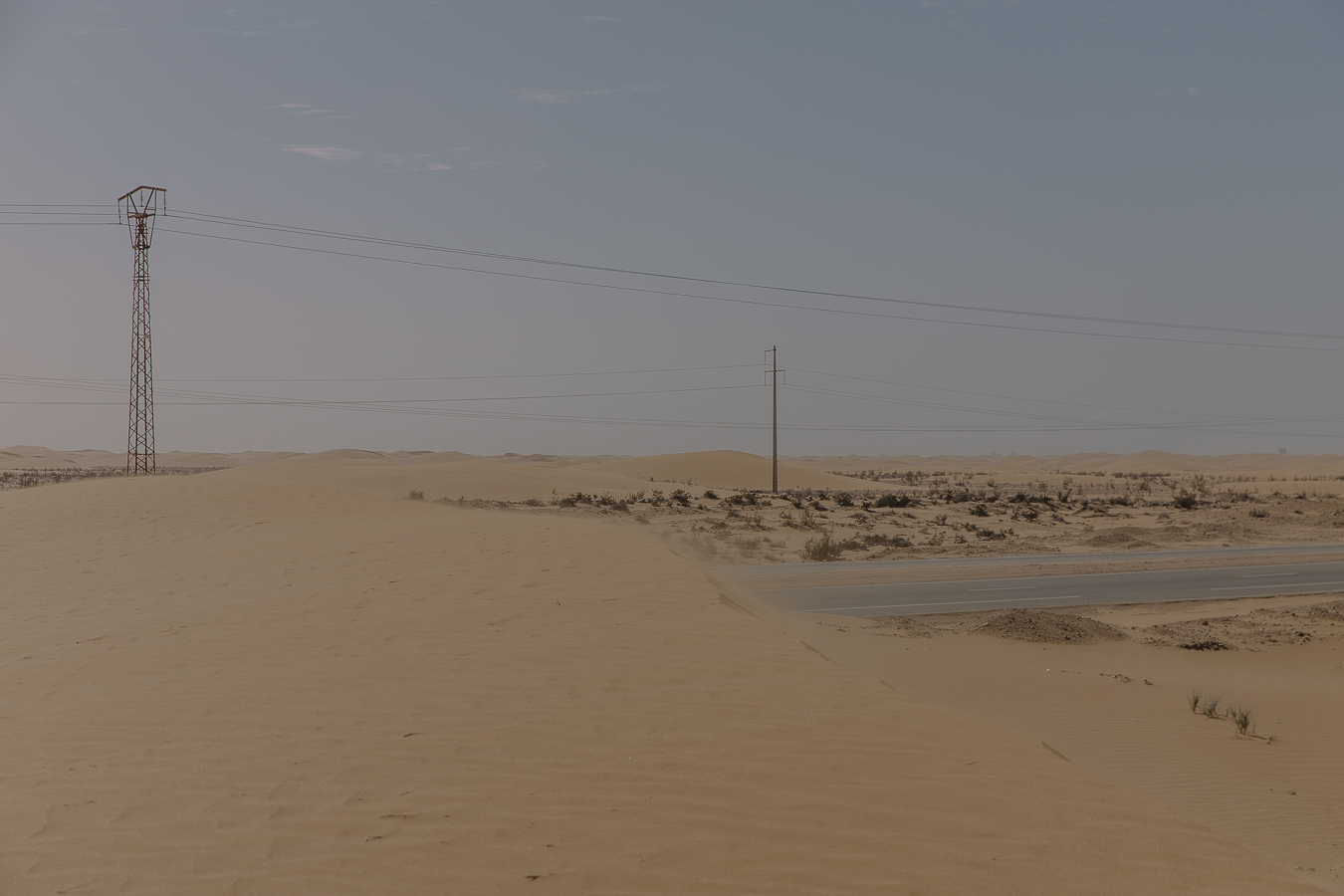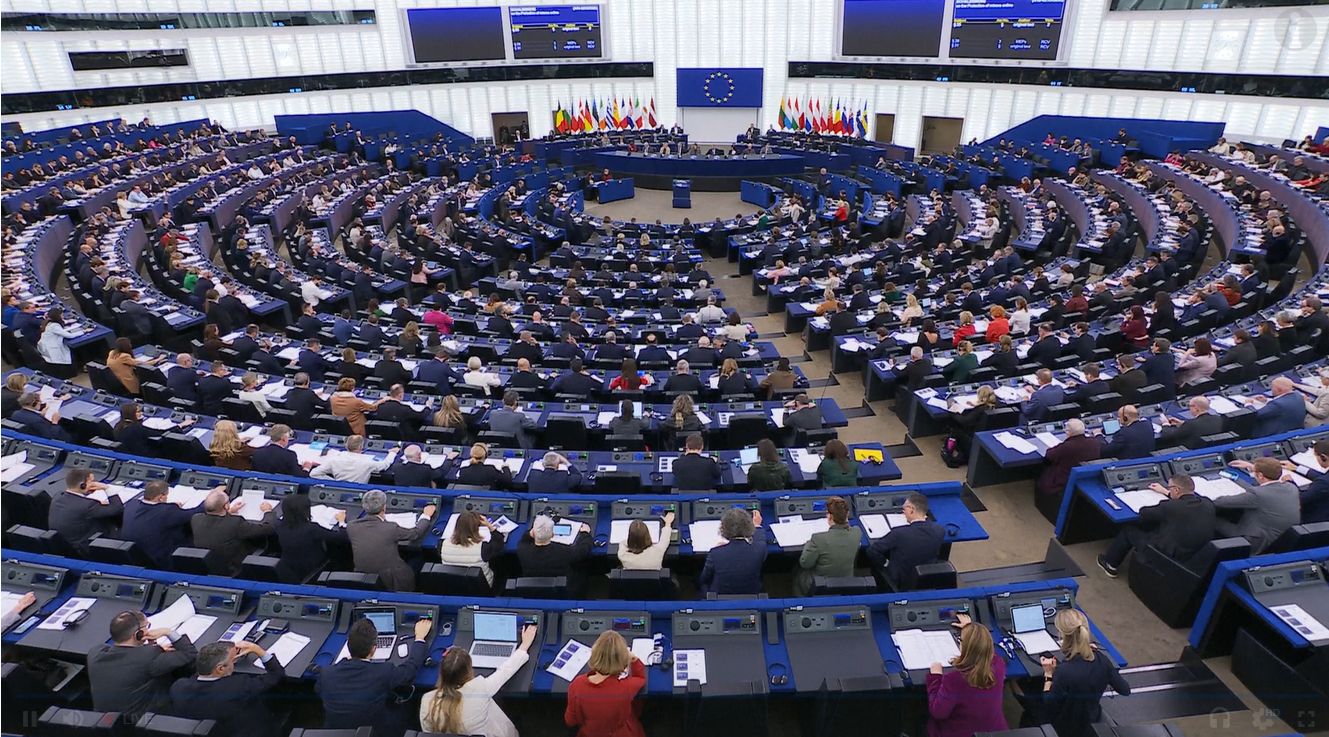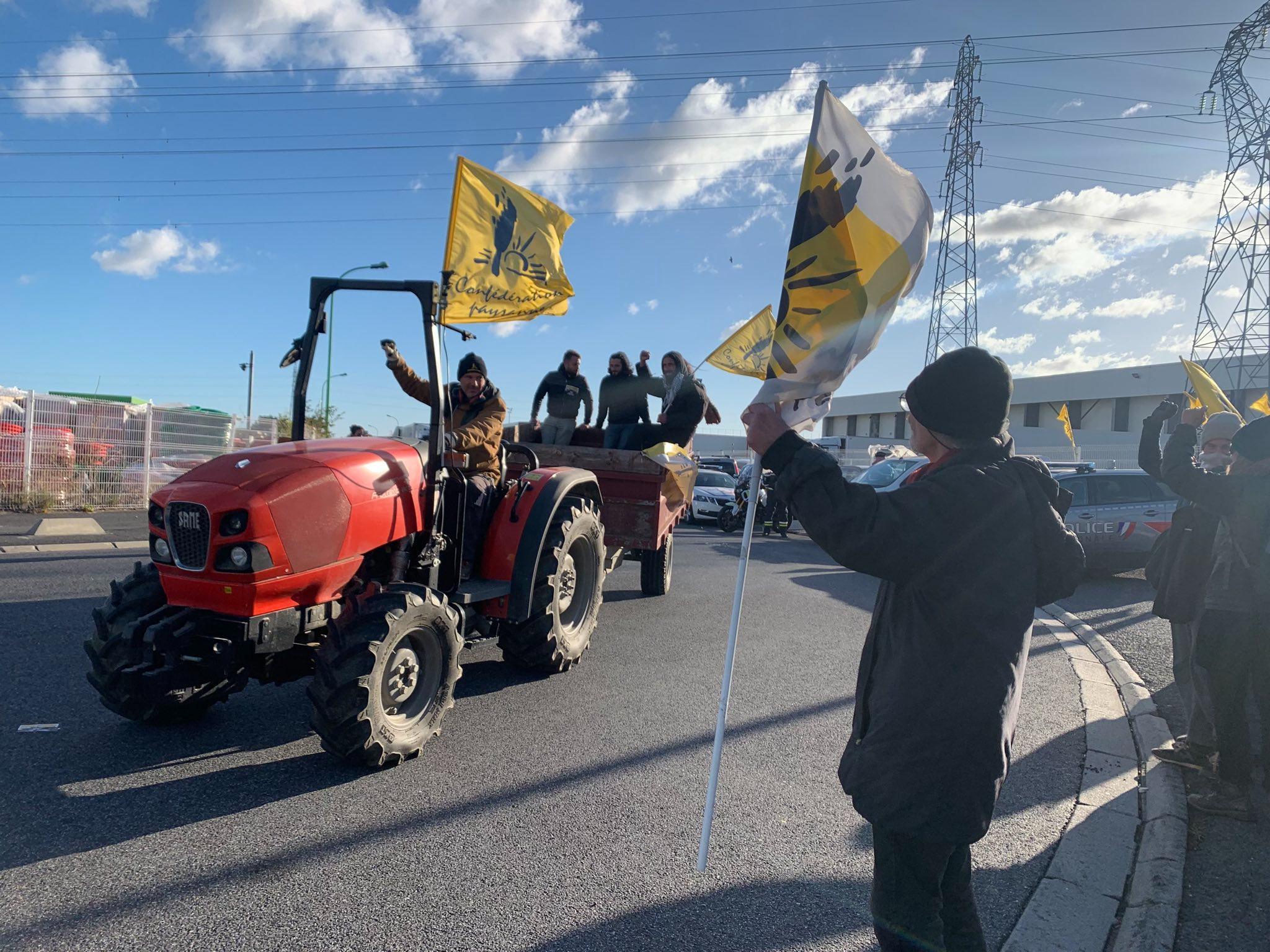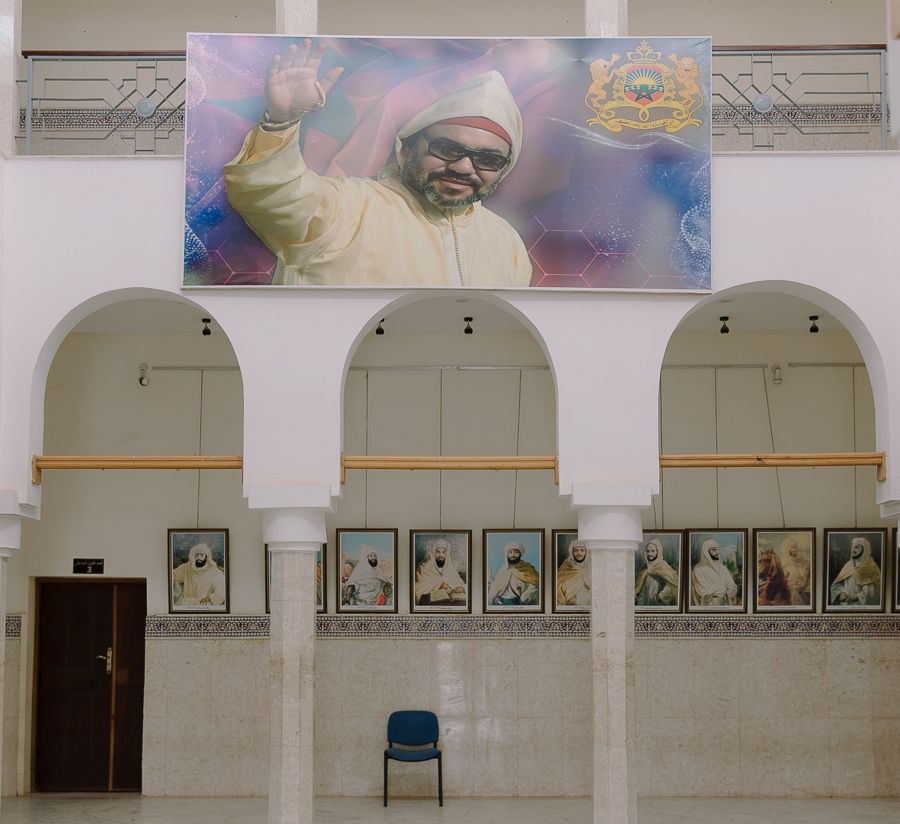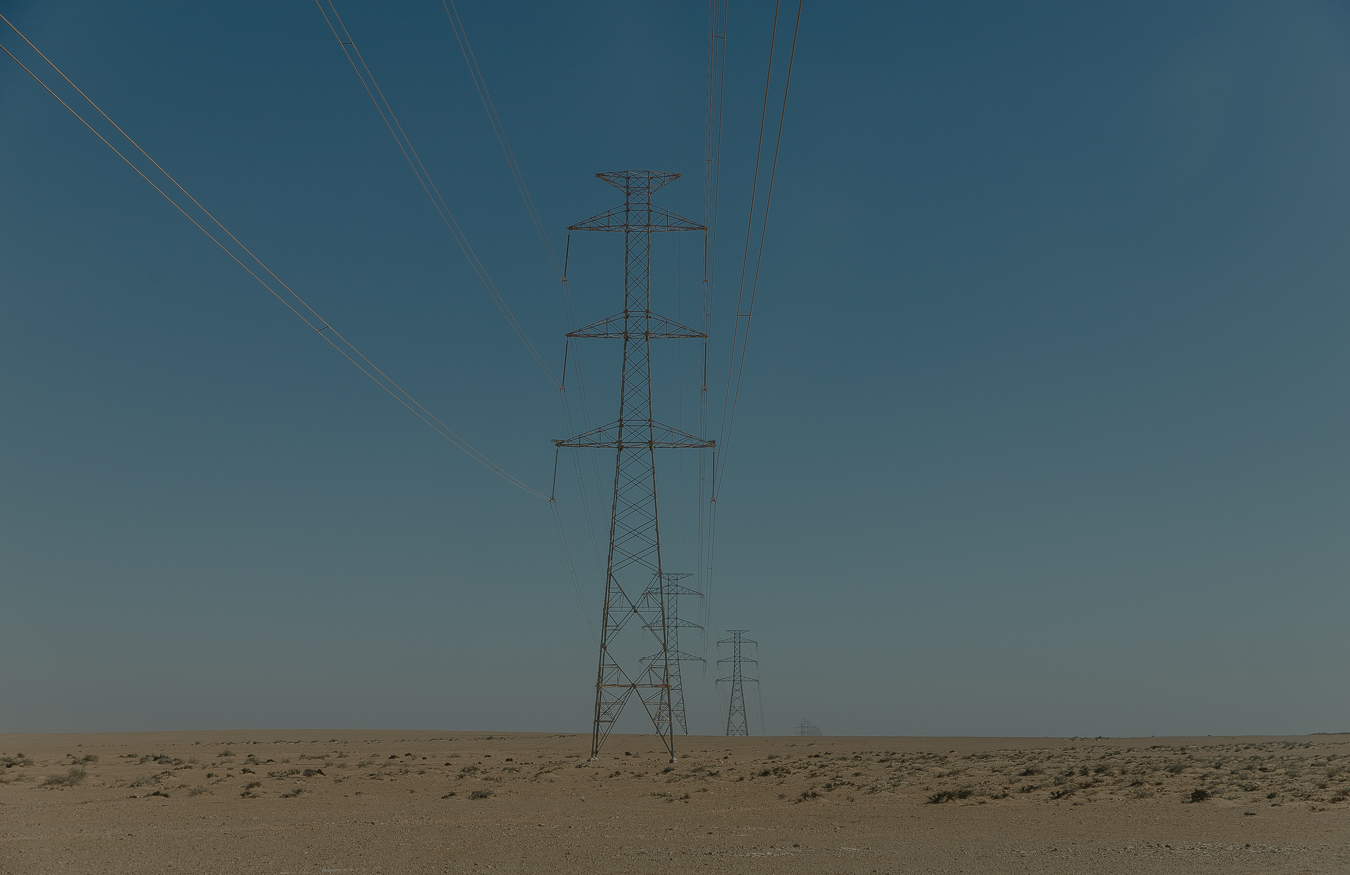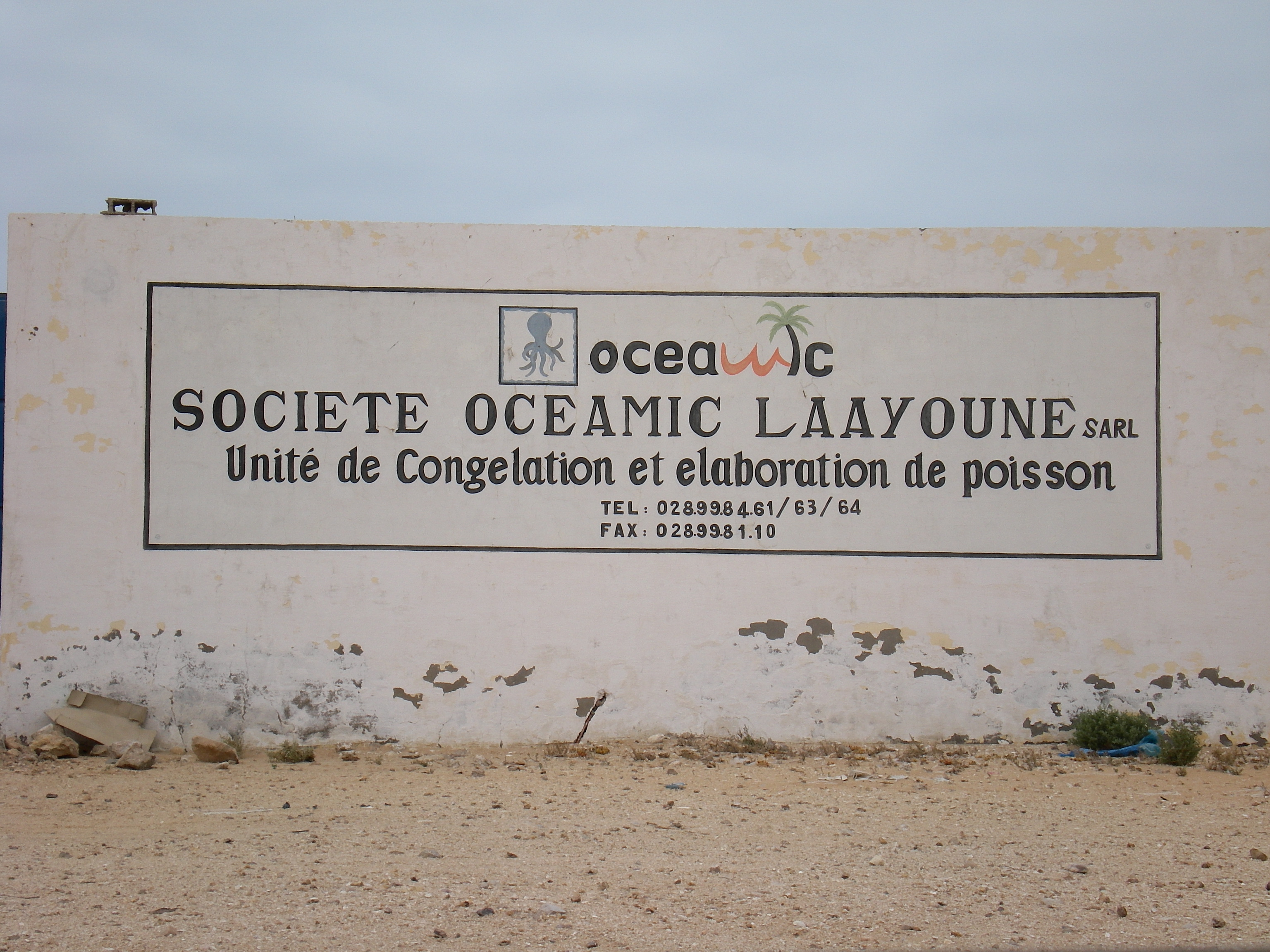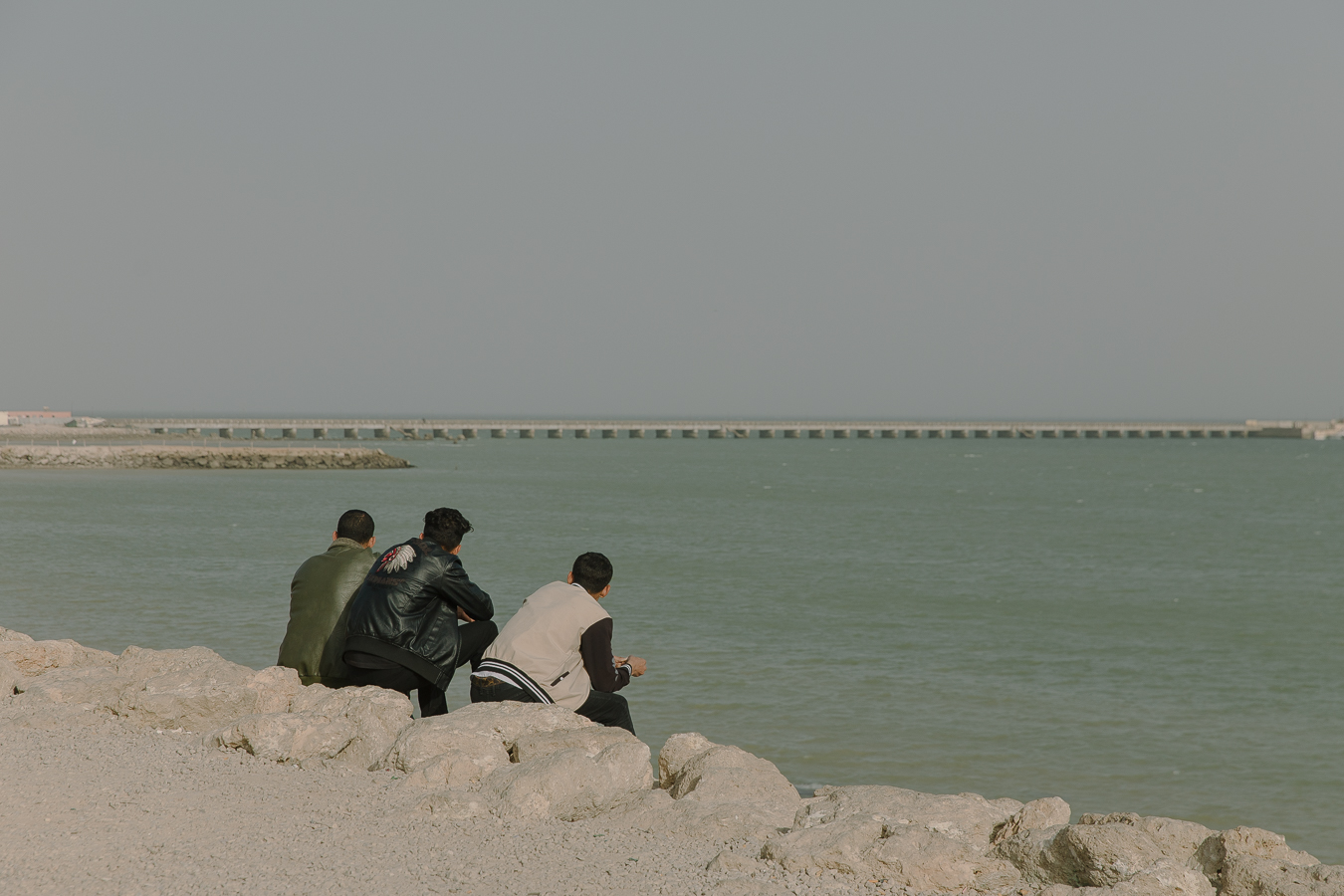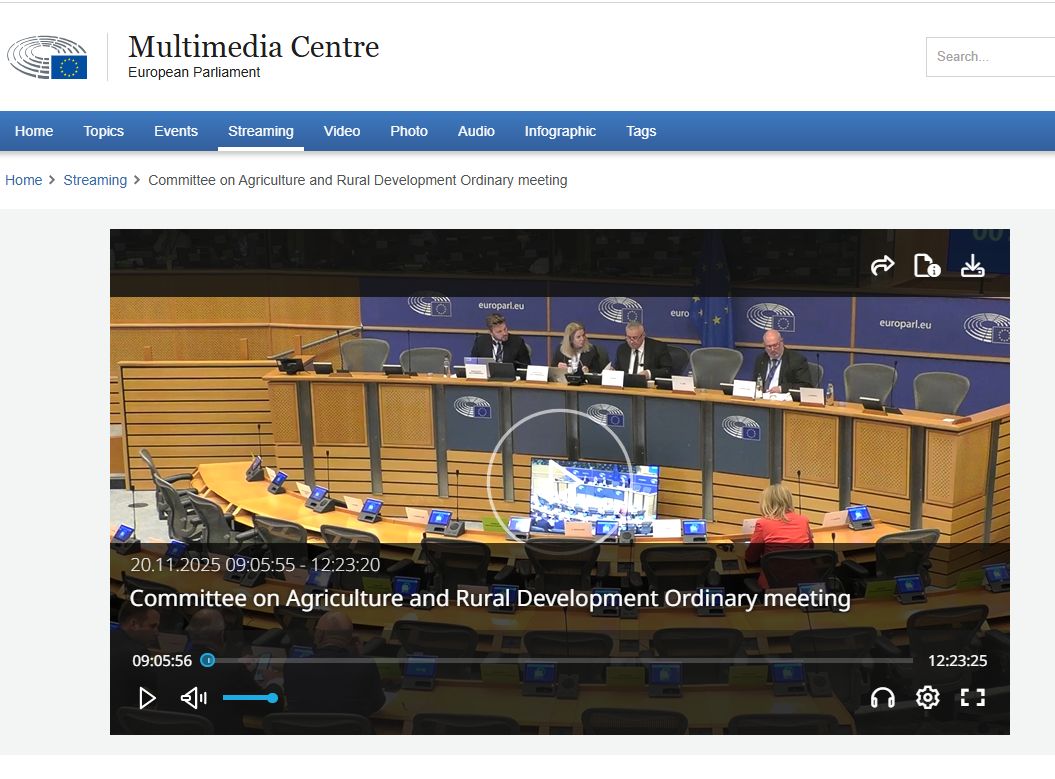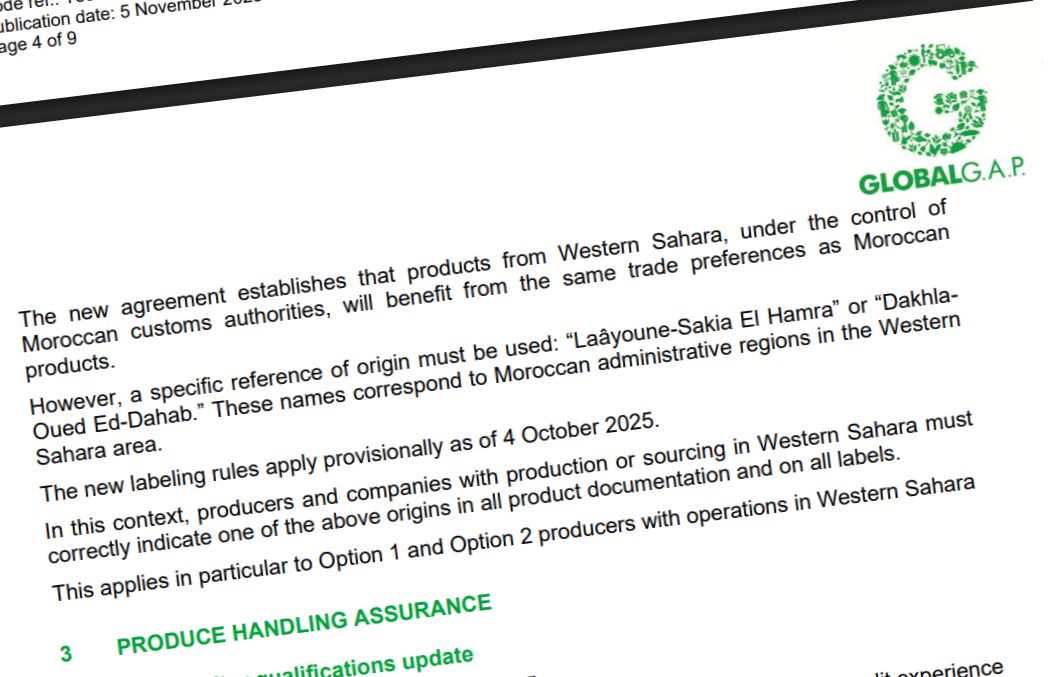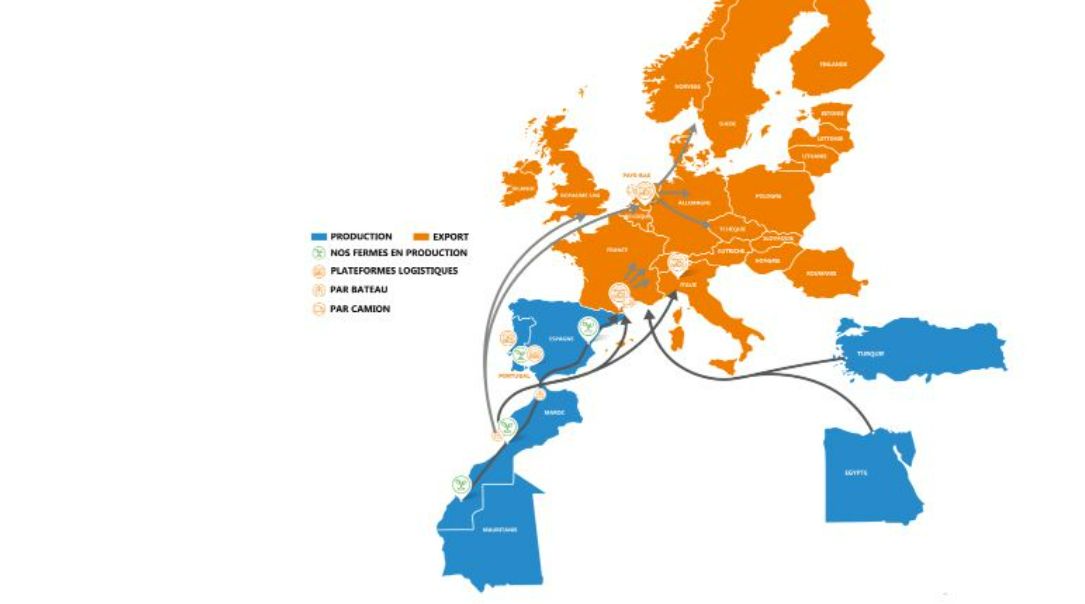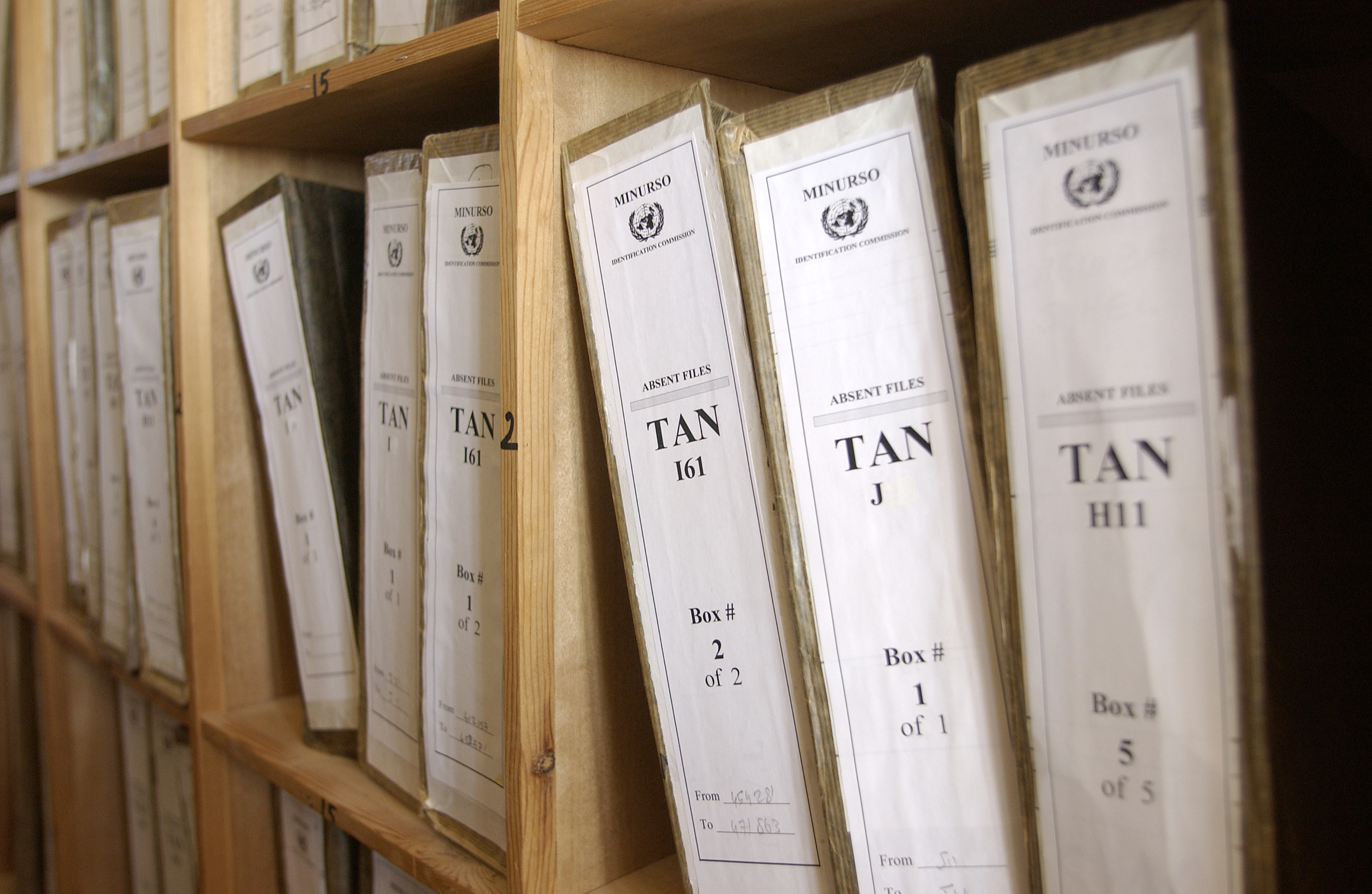As the European Union rightly rallies behind Greenlanders’ right to decide their own future in the face of external pressure, a test of the EU’s real commitment to self-determination is quietly unfolding in Brussels.
International certification standards embellish Morocco’s controversial trade with fisheries and agricultural products in occupied Western Sahara, new report documents.
SGS blames everyone else for mistakes on MarinTrust certificates it had issued to Moroccan companies in occupied Western Sahara.
Out now: WSRW today publishes a new report outlining the massive - and deeply problematic - renewable energy projects that Morocco is developing in occupied Western Sahara.
The world’s largest certification scheme for “safe and sustainable animal feed” does not check whether its certified fish feed companies source from illegal fisheries in occupied Western Sahara, where catches violate the Saharawi people’s right to self-determination.
Certification scheme ends involvement with Azura Group and declares that no future certifications will be granted to companies in the occupied territory.
Don’t be fooled by the clean-energy rhetoric on this new 1,000 km power line – this is about infrastructural annexation of occupied land.
The following overview enlists stock-exchange registered companies with current or recent operations in occupied Western Sahara. Updated 29 November 2025.
187 Parliamentarians voted to ignore the ruling of the CJEU, the interests of EU farmers, the rights of the EU consumers and the aspirations of the Saharawi people. Here they are.
EU lawmakers today had a golden opportunity to stand up for European consumers. Backed by a solid majority, the Parliament came close to overturning the Commission.
Growing pressure on EU–Morocco trade deal as French farmers today launch legal steps and storm Azura’s entry point for Western Sahara produce in Perpignan.
The French-owned Azura Group, a producer of agricultural and aquaculture products in occupied Western Sahara, has taken a remarkably political stance - openly praising Morocco’s “national cause” and “territorial integrity.”
Swedish company S2H2+Bm Concept AB has so far refused to clarify whether its planned green hydrogen plant will be located in Morocco proper or in occupied Western Sahara.
Despite repeated requests, the organisation does not clarify why its food safety certificate ignores legal boundaries.
A publicly organised mission will take Canary companies into occupied Western Sahara later this month.
Representatives from all political groups in the European Parliament today grilled the European Commission over bending EU rules to appease Morocco with regard to labelling of products from occupied Western Sahara.
The certification scheme that claims to champion legal compliance has circulated misleading information about EU labelling rules for products originating from occupied Western Sahara.
French agri-supplier Sofruce deleted false territorial claims and certificate references after scrutiny.
Behind the headlines and diplomatic spin suggesting that the Security Council is now siding with Morocco lies a more complex reality - one that hinges on the very right that Rabat has spent decades trying to bury: self-determination.



